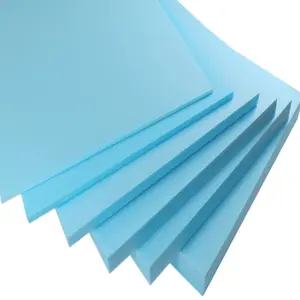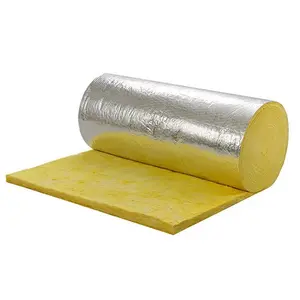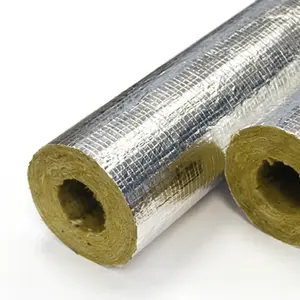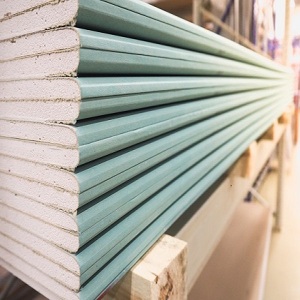XPS foam, or extruded polystyrene foam, is a lightweight, rigid insulation material known for its superior thermal performance and moisture resistance. Its closed-cell structure prevents moisture absorption, making it ideal for applications in areas prone to water exposure, such as foundations, roofs, and exterior walls. XPS foam provides high compressive strength and durability, allowing it to support heavy loads without deformation. Its versatility makes it suitable for both residential and commercial projects, while its ease of installation reduces labor costs and installation time. Additionally, XPS foam contributes to energy efficiency, helping to lower utility bills and enhance the sustainability of buildings
Description
What is XPS Foam?
Extruded Polystyrene (XPS) foam is a rigid foam insulation material produced through a continuous extrusion process. This results in a closed-cell structure, which gives XPS foam excellent thermal insulation properties and moisture resistance. It is commonly used in a variety of construction applications, particularly in areas where high thermal performance is required. XPS foam boards are available in various thicknesses and sizes, making them adaptable for different project needs.
Benefits of XPS Foam for Construction Projects
- Superior Thermal Insulations foam has a low thermal conductivity, making it one of the most effective insulation materials available. This property helps maintain energy efficiency by minimizing heat loss in winter and heat gain in summer. Buildings insulated with XPS can significantly reduce their energy consumption, leading to lower utility bills.
- Moisture Resistance
The closed-cell structure of XPS foam makes it highly resistant to moisture absorption. This characteristic is crucial in preventing issues such as mold growth, water damage, and degradation of insulation performance. XPS is ideal for use in areas with high humidity or where direct contact with water is likely, such as below-grade applications and in exterior wall systems. - Durability and Strength
XPS foam boards are structurally robust and can withstand heavy loads without compressing or deforming. This durability makes them suitable for a range of applications, including as a base for flooring, in wall assemblies, and beneath concrete slabs. Their ability to resist mechanical damage ensures long-term performance. - Lightweight and Easy to Handle
Despite its strength, XPS foam is lightweight, making it easy to transport, cut, and install. This ease of handling can lead to reduced labor costs and quicker installation times on construction sites. The flexibility in handling allows for efficient use in various applications. - Versatile Applications
XPS foam can be used in a wide range of construction applications, including insulation for roofs, walls, floors, and foundations. It is also effective in commercial, industrial, and residential buildings, adapting to various design needs and construction methods. Its versatility extends to both new builds and retrofitting projects. - Environmentally Friendly Options
Many manufacturers produce XPS foam using environmentally friendly processes and materials, including recycled content. Furthermore, the long lifespan and energy efficiency of buildings insulated with XPS contribute positively to environmental sustainability by reducing energy consumption and greenhouse gas emissions. - High Compressive Strength
XPS foam has a high compressive strength, which makes it suitable for use in applications that require load-bearing capabilities, such as under slabs, in insulation for pavements, and as thermal insulation in structural applications. This property ensures it can perform well in various demanding environments. - Sound Insulation Properties
While primarily used for thermal insulation, XPS foam also provides sound attenuation benefits. It can help reduce noise transmission between spaces, enhancing the comfort and livability of residential and commercial environments.
Applications of XPS Foam in Construction
XPS foam is versatile and can be utilized in various construction projects, including:
- Roof Insulation: Effective in flat and low-slope roofs to reduce heat transfer.
- Wall Insulation: Used in exterior walls to improve energy efficiency and protect against moisture.
- Foundation Insulation: Ideal for insulating foundations and basement walls, preventing heat loss and moisture issues.
- Under-Slab Insulation: Provides thermal protection under concrete slabs, crucial for ground-level constructions.
Why Choose XPS Foam for Your Project?
XPS foam is an outstanding choice for construction projects that require superior thermal performance, moisture resistance, and structural integrity. Its versatility allows it to be used in numerous applications, contributing to energy-efficient and durable buildings. With its lightweight and easy handling, XPS foam can streamline the construction process, making it a preferred material for contractors and builders looking to enhance the quality and efficiency of their projects. Whether for residential or commercial buildings, XPS foam insulation helps create comfortable, sustainable, and high-performing environments.








